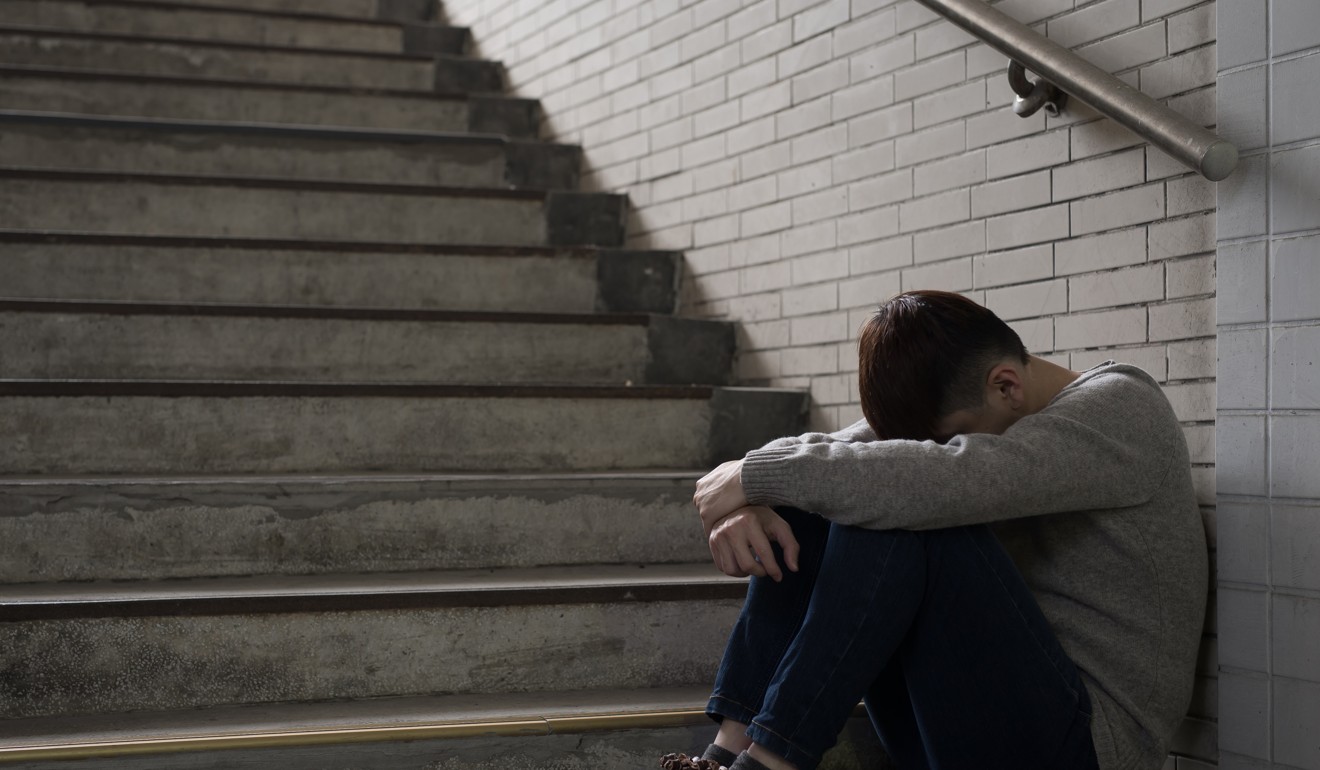
The best Christmas present for loved ones with mental illnesses: your time and empathy
- As others celebrate, sufferers may only be reminded of how lonely they are, and feel they have little to offer
- Studies show most patients hide their conditions to avoid stigma and negative reactions
At this time of the year, when festive music and holiday cheer fill the air, understandably most people tend to fixate on their Christmas shopping and finding the perfect place to enjoy a feast with friends and family.
But amid the holiday fun and laughter, there are some around us who may feel isolated, lonely, or even depressed.
Sadly, Christmas can be a challenging time for mental health sufferers with feelings of anxiety, depression, and possibly thoughts about suicide that are often exacerbated in this period of supposed merriment.

There is no specific data in relation to an increase in suicides during the festive period, but suicidal thoughts can be provoked when one doesn’t feel worthy, loved, or if they are in a constant state of anxiety about fitting in, being socially accepted or worried about the future, according to Minal Mahtani, CEO and founder of OCD and Anxiety Support Hong Kong.
According to a 2011 survey by the Equal Opportunities Commission, more than half of those interviewed said they did not want people with mental illnesses living in their neighbourhood. Another 2009 study on the experiences of mental health sufferers in Hong Kong found that 64 per cent of patients felt the need to hide their condition to protect themselves against stigmatically-charged reactions.
How can we change the way we think about mental health?
With this level of prejudice, no wonder mental health sufferers tend to have low self-esteem and want to avoid social contact, especially when others are enjoying themselves because they feel they have nothing to offer.
It is important for the lay person to know how and what to say to people with mental health disorders, especially during the holiday period. We need to help them reinforce a sense of hope and rebuild connectedness with loved ones and the community.

We have to be mindful not to trigger negative feelings in them. This means we should avoid talking about our own achievements over the past year, because what we have that are going well in our lives will make them feel inadequate, hence resulting in even more self-pity and isolation.
Why mental health awareness should start in Hong Kong schools and companies
When most people seem to be in a festive mood and reflecting on personal achievements, negative emotions often creep up for mental health sufferers. This can cause increased anxiety because they don’t have these things in their lives. We need to acknowledge their hardship and remind them they are not alone.
We need to acknowledge and validate their feelings; allow sufferers to feel the way they do instead of dismissing them as burdensome
Those who already struggle with depression feel bad seeing people around them happy, going to parties, posing in photos, and celebrating while they are stuck in the bottomless pit of helplessness and hopelessness. This is made worse when they are expected to act in certain ways and engage in Christmas activities, Mahtani says.
Depression sufferers may be reminded of how lonely they are during this period especially if they have recently had a break-up, divorce, betrayal or loss of some kind, she adds.
We need to acknowledge and validate their feelings; allow sufferers to feel the way they do instead of dismissing them as burdensome. Even if we don’t understand their fear or source of depression, it will mean a lot if we simply just be present and show support and empathy.
Show a little compassion, listen without judgment, offer positive words of encouragement, and appreciate any efforts they are making at festive events.
We also need to lower our expectations and understand that having a mental health disorder is challenging, and having constant battles in one’s mind is exhausting. So if someone appears tired and uninterested in actively joining festive celebrations and can only stay out for a short period of time, accept that, be happy they came and make them feel at home.
Mental health in Hong Kong at worst level in seven years, survey finds
Moreover, we should understand that Christmas can be expensive and this is an added stress to many mental health sufferers.
In the spirit of Christmas, we should spread the acts of generosity and goodwill by sparing a thought for these individuals. Help them join the festivities in whatever way that best suits them. And maybe spending time with them is the best gift we can give.
Luisa Tam is a senior editor at the Post

